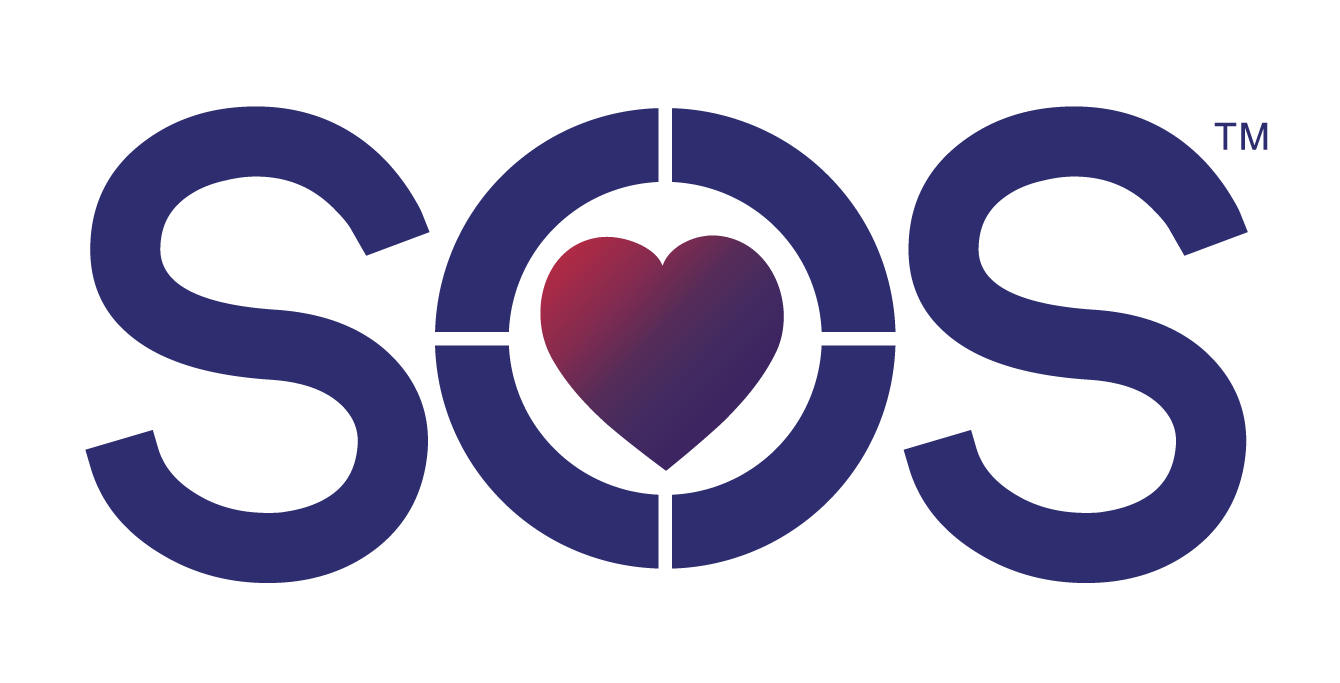What is the COVID-19 pandemic?
The COVID-19 pandemic is a worldwide spread of infection related to a brand new type of the Corona Virus. The Corona Virus has been around for a long time - it is the virus that causes the common cold. But viruses change over time and come in different types. The COVID-19 pandemic which started in late 2019 is caused by one of these new types of the Corona Virus, SARS-CoV-2 (formerly called 2019-nCoV).
Because it is a new virus, unless they have been infected or vaccinated people do not have any antibodies to it and that makes it difficult for our body’s natural immune system to fight it. This virus spreads from person to person easily and can make people very sick. COVID-19 can be spread by respiratory droplets which is the moist air we breathe out when we exhale, cough or sing. COVID-19 may also spread by aerosolization of viral particles into the air, particularly in poorly ventilated indoor spaces. Less commonly, COVID-19 may be spread by touching a contaminated surface and then touching the mouth, eyes, or nose. Respiratory spread is felt to be the most common means of spread for COVID-19, therefore on April 3, 2020, the CDC issued a recommendation that all individuals should wear face coverings, such as cloth face masks, when in public.
You are at high risk of COVID-19 infection if you are in an area with active viral cases, you are a healthcare worker caring for patients with COVID-19, you are in close contact with someone infected with COVID-19, or you travel to places with local COVID-19 spread. Some COVID-19 cases are asymptomatic but the infected person can still transmit the virus to others. Most cases have mild to moderate symptoms and do not require hospitalization. Some cases are severe and lead to serious symptoms which require hospitalization, sometimes in the Critical Care (ICU) setting, and may lead to death. Common symptoms of COVID-19 infection include fever or chills, cough, breathing difficulty, fatigue, muscle or body aches, headache, loss of taste or smell, sore throat, congestion or runny nose, nausea or vomiting, diarrhea, headache, or altered mental status. Pneumonia with progression to respiratory failure, shock, and multi organ failure is the most serious manifestation of COVID-19 and often results in death.
The best ways to slow and stop the spread of the Corona Virus are to:
Get fully vaccinated against COVID-19
Wash your hands often and for at least 20 seconds in soapy water.
Avoid touching your face.
Cover your mouth and nose with a tissue or your sleeve when you sneeze or cough.
Wear a face mask, snugly to completely cover the mouth and nose, whenever in public.
Stay at home and away from people as much as possible.
Physically distance (6 feet) from others whenever possible.
Optimize environmental ventilation for indoor spaces.
Disinfect surfaces often with cleaning supplies containing at least 60% alcohol.
Completely self-isolate for at least 5 days if you test positive for COVID-19 or if you develop any of the symptoms of Corona Virus (listed above) or if you may have been exposed to someone infected with COVID-19.
If you have been exposed to someone with COVID-19 or if you develop symptoms, you should be tested for the virus, but even if the test result is negative, you may still be infected with COVID-19. This is because some tests are read as negative even when the person has the virus (false-negative results). That means that you should self-isolate for a minimum of 5 days if you have symptoms even if your test comes back negative. You should have a repeat test if you continue to have symptoms. You should only go to the hospital if you are seriously ill with trouble breathing, having chest pain, are newly confused or have trouble waking up. You should call your doctor or local health department if you are having any of these problems or are otherwise feeling ill. Call 911 if you are having a true emergency. If you think you may be sick with Corona Virus, you should stay away from others and wear a face mask to protect those around you from getting sick, even those in your own home. People of any age and health status can become seriously sick and could possibly die from a Corona Virus infection. However, older people and those with other medical problems like high blood pressure, diabetes, obesity, immune system weakness, or lung disease are at a higher risk of getting sicker with a COVID-19 infection.
Even though the COVID-19 Pandemic has been going on awhile, SARS-CoV-2 is still a very new virus with multiple variants and therefore scientists, healthcare workers, and other disease experts are learning more and more about it on a daily basis. This means that what we understand about the virus and the best ways to protect ourselves, others, and to flatten the curve may change rapidly. For the best and most up-to-date information about COVID-19, please go to CDC.gov
Creating your COVID-19 SOS Directive
If you decide you want a COVID-19 SOS Directive, you need to:
Fill out the form and have it signed and dated by you and your witnesses.
Tell your loved ones and doctors that you have an SOS Directive.

